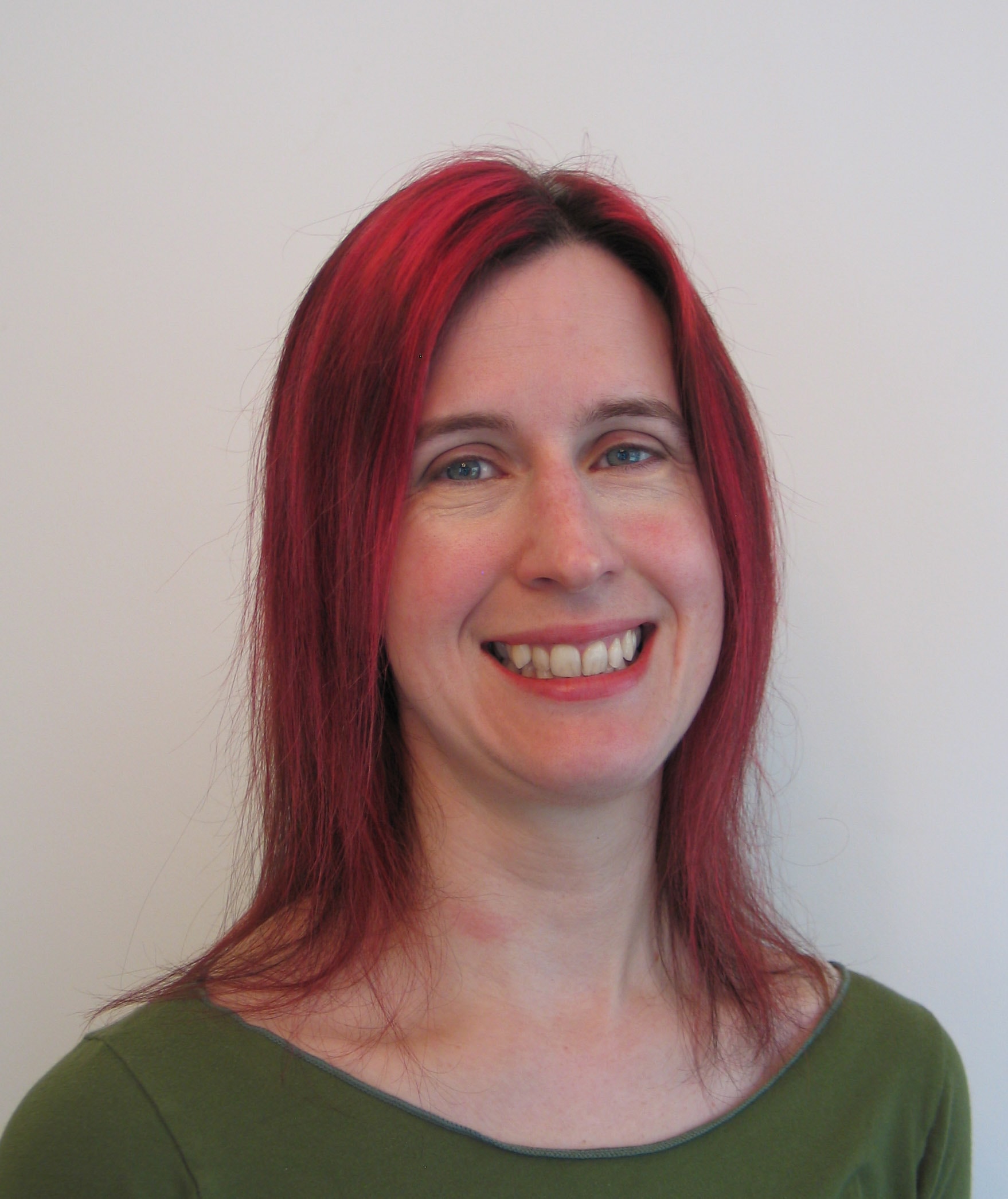Subscribe to our newsletter
Does It Matter That My Role Models Weren’t Real? #MySTEMrolemodel
As part of Digital Science’s celebrations for Ada Lovelace Day, for the month of October we are running a series of blog posts where inspiring women in STEM are sharing their personal role models. Anyone can get involved and we encourage you to share your role model on social media using the hashtag #MySTEMrolemodel.
 Susie Lydon is a palaeobotanist and science communicator based in the School of Biosciences at the University of Nottingham, UK. She completed her PhD on Lower Cretaceous dispersed plant cuticles at the University of Manchester, and undertook postdoctoral research in the Department of Computer Science, also at the University of Manchester. Following a spell as a researcher with the Earth Science Education Unit at Keele University, she joined the University of Nottingham as an Outreach Officer in 2007.
Susie Lydon is a palaeobotanist and science communicator based in the School of Biosciences at the University of Nottingham, UK. She completed her PhD on Lower Cretaceous dispersed plant cuticles at the University of Manchester, and undertook postdoctoral research in the Department of Computer Science, also at the University of Manchester. Following a spell as a researcher with the Earth Science Education Unit at Keele University, she joined the University of Nottingham as an Outreach Officer in 2007.
When I started thinking about what I would do when I grew up, I always vaguely assumed I would end up being a scientist. I didn’t know what I would specialise in, and I didn’t really know what it would mean in terms of a career path. I just knew I felt an affinity for all things science-related.
I don’t remember any pressure, positive or negative, to specialise in science from the adults around me. I was lucky enough to be from a comfortable background and academically able in most subjects and my parents were happy for me to find my own path. Some of my science teachers at secondary school were good and some were truly diabolical – but none of them stand out as key figures in my path into science. None of my close friends were scientifically-inclined, but I don’t remember any peer pressure against studying science subjects either. I have no inspirational anecdote about an encounter with a female scientist that changed my world view, no moment of epiphany to share. So what made me grow up thinking it was perfectly reasonable for me to become a scientist, without any real role models?
I spent my formative years immersed in different worlds. As a child obsessed with science fiction, I knew about plenty of intelligent women scientists with a mastery of technology. I started watching Doctor Who when the fourth Doctor, played by Tom Baker (scarf, grin and jelly babies) was accompanied by Romana. Romana was the Doctor’s equal: a fiercely intelligent Time Lady who sometimes understood the TARDIS better than he did. Soon after Romana departed, the Doctor was joined by a young companion, Nyssa of Traken. Nyssa was a brilliant scientist who specialised in ‘bioelectronics’. She left to use her scientific skills to cure a horrific disease on the space equivalent of a leper colony. When I read about previous Doctor Who companions, I learnt about Zoe (an astrophysicist) and Liz Shaw (scientific advisor to UNIT). Later in the 1980s, the Rani (another Time Lady, with more questionable morals), harvested neurochemicals from human victims and experimented with Tyrannosaurus embryos and companion Ace had a penchant for experimental explosives. While there have been many fair accusations of sexism in classic Doctor Who, there were also many varied representations of women in science and technology, which never felt like tokenism to me.
I also loved Douglas Adams’s Hitchhiker’s Guide to the Galaxy, particularly in its television incarnation. Trillian, a “brilliant young astrophysicist”, was clearly the most intelligent and least flawed character in the entire story. While it is true that her character is fairly one-dimensional, the seven year old me was impressed by the idea of having “a degree in maths and another in astrophysics”, even if I wasn’t quite sure why her alternative to hitching a lift around the Universe was going “back to the dole queue on Monday”. Blake’s 7, a BBC space opera infamous for its low budget and dystopian vision, featured women space-pilots, weapons technology experts and a memorable ill-fated stardrive engineer. The fact that women occupied these roles was not remarkable. Why shouldn’t they be women?
I had no real-world female role models, but I had plenty in popular culture, and this worked for me. I don’t know whether it would work for many people. Representations of woman in science and technology in popular culture are important, but how much better would it have been to know about real female scientists, beyond Marie Curie and Mary Anning, and to have even met them?
I spent Monday afternoon in a classroom full of ten year olds, showing them some fossils and discussing evolution. I only mentioned Doctor Who once, I think. I enjoyed it and hope that they found it interesting. I also hope that meeting a female scientist at the age I was, when I only had fictional role models, might make a difference to one or two of them.
